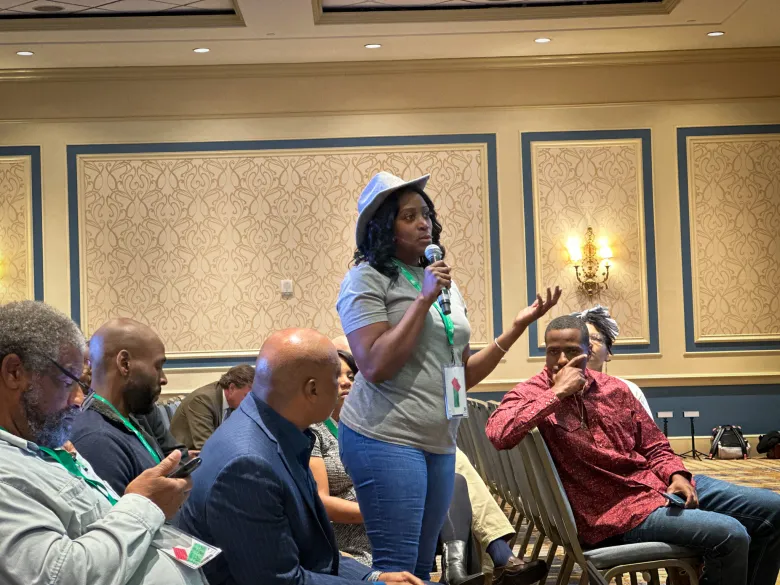Two weeks after the White House lifted its suspension on the 1890 National Scholars Program, Kendall Strickland, a rural Georgia farmer, is still uncertain about the program’s future. The program, which covers tuition and living expenses for students at historically Black land-grant universities (1890 universities), was halted by the USDA in February 2023 for review but reinstated after public outcry.
The program, crucial for many students from underserved rural areas, has played a key role in Strickland’s own success, helping him graduate from Florida A&M University in 2015 without student debt. But while he’s relieved it’s back, Strickland remains skeptical about the future, especially given the political climate that has seen efforts to cut diversity programs.
The suspension sparked criticism from lawmakers who argued it was an attack on an important program for marginalized communities. The USDA reopened the program’s application period by the end of February, but experts like Denise Smith from The Century Foundation are urging for more support to protect these initiatives.
The 1890 universities, which focus on agriculture and other sciences, have long been underfunded compared to their 1862 counterparts. Historical funding disparities have left them struggling for resources, which could make it harder for them to survive without proper backing. Some states still fail to meet their funding obligations to these schools, and experts are calling for more equitable support.
Farmers like Strickland and advocates like Kesha Cobb are pushing for broader support and organizing efforts to ensure these institutions remain strong. While Strickland remains cautious about the future, the push to secure more resources for Black land-grant universities is growing, with many urging the government to honor its promises.




